Silage quality and mid-pregnancy feeding:
Reports from farmers and advisers show ewes being housed or introduced to supplementary feeding earlier than previous years. It is important not to delay introducing feed as, while a small level of weight loss (up to 5% of bodyweight) in mid-pregnancy can have a positive influence on placental development, excessive weight loss will be difficult to recover when ewes enter late pregnancy. Weight loss should also only occur in ewes that can afford to lose some weight and still lamb down at a condition score of BCS 3+.
Therefore the main aim in mid-pregnancy is to feed ewes to maintenance. In terms of energy, a 70kg ewe in mid-pregnancy will require 0.8UFL to meet maintenance demands. To put this in an easier-to-understand context, access to a good supply of moderate-quality grass will meet these demands, as will silage ranging in quality from 67DMD to 70 DMD with a dry matter intake of 1kg DM to 1.1kg DM.
But, it is important to take note that silage made on many drystock farms is of low quality, with farms that experienced long delays in getting silage harvested this summer particularly at risk. Teagasc reports first-cut silage analysed by Hillsborough returning a range in quality from 52DMD to 82DMD and a mean of 68.5DMD. As can be seen in the table, lower quality silage will fail to meet the nutritional demands of ewes, with the added complication of appetite and intake being depressed.
In the case of poor-quality forage, access to high-energy feed buckets or low-level concentrate supplementation (0.1kg to 0.3kg) may be required to meet the shortfall. To consume 1kg dry matter of silage, ewes need to consume 5kg silage fresh weight at 20% dry matter, or 3.5kg to 4kg fresh weight at 25% to 30% dry matter. Precision chop silage will also promote higher intake over single chop.
Sheep tagging:
This week’s Focus supplement on animal identification covers tagging rules and regulations and options to address replacement of lost tags, with advice from DAFM. The census is the perfect opportunity for many, with greater help around at Christmas, to check the flock for lost tags and bring paperwork up to date. If your flock register is full, a new register can be requested through your local department veterinary office, as can dispatch documents. Remember to order dispatch documents in advance of running short, as these are printed in batches.
Silage quality and mid-pregnancy feeding:
Reports from farmers and advisers show ewes being housed or introduced to supplementary feeding earlier than previous years. It is important not to delay introducing feed as, while a small level of weight loss (up to 5% of bodyweight) in mid-pregnancy can have a positive influence on placental development, excessive weight loss will be difficult to recover when ewes enter late pregnancy. Weight loss should also only occur in ewes that can afford to lose some weight and still lamb down at a condition score of BCS 3+.
Therefore the main aim in mid-pregnancy is to feed ewes to maintenance. In terms of energy, a 70kg ewe in mid-pregnancy will require 0.8UFL to meet maintenance demands. To put this in an easier-to-understand context, access to a good supply of moderate-quality grass will meet these demands, as will silage ranging in quality from 67DMD to 70 DMD with a dry matter intake of 1kg DM to 1.1kg DM.
But, it is important to take note that silage made on many drystock farms is of low quality, with farms that experienced long delays in getting silage harvested this summer particularly at risk. Teagasc reports first-cut silage analysed by Hillsborough returning a range in quality from 52DMD to 82DMD and a mean of 68.5DMD. As can be seen in the table, lower quality silage will fail to meet the nutritional demands of ewes, with the added complication of appetite and intake being depressed.
In the case of poor-quality forage, access to high-energy feed buckets or low-level concentrate supplementation (0.1kg to 0.3kg) may be required to meet the shortfall. To consume 1kg dry matter of silage, ewes need to consume 5kg silage fresh weight at 20% dry matter, or 3.5kg to 4kg fresh weight at 25% to 30% dry matter. Precision chop silage will also promote higher intake over single chop.
Sheep tagging:
This week’s Focus supplement on animal identification covers tagging rules and regulations and options to address replacement of lost tags, with advice from DAFM. The census is the perfect opportunity for many, with greater help around at Christmas, to check the flock for lost tags and bring paperwork up to date. If your flock register is full, a new register can be requested through your local department veterinary office, as can dispatch documents. Remember to order dispatch documents in advance of running short, as these are printed in batches.




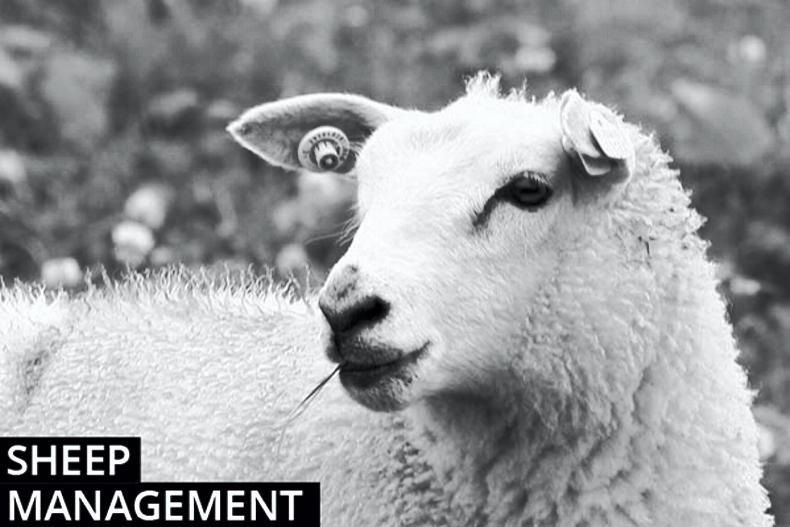
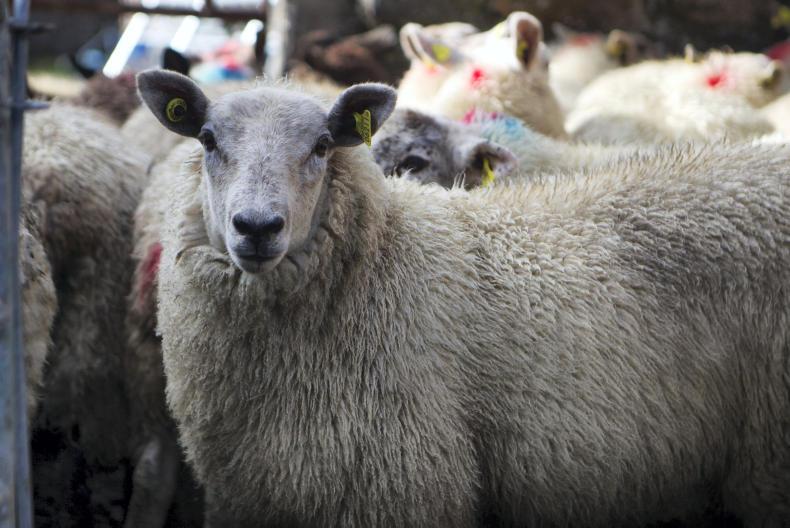

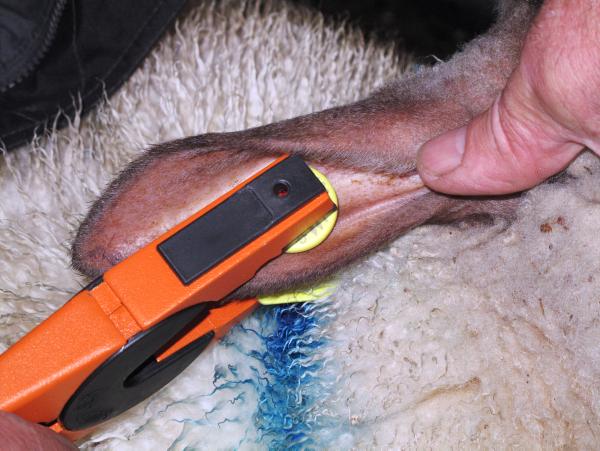
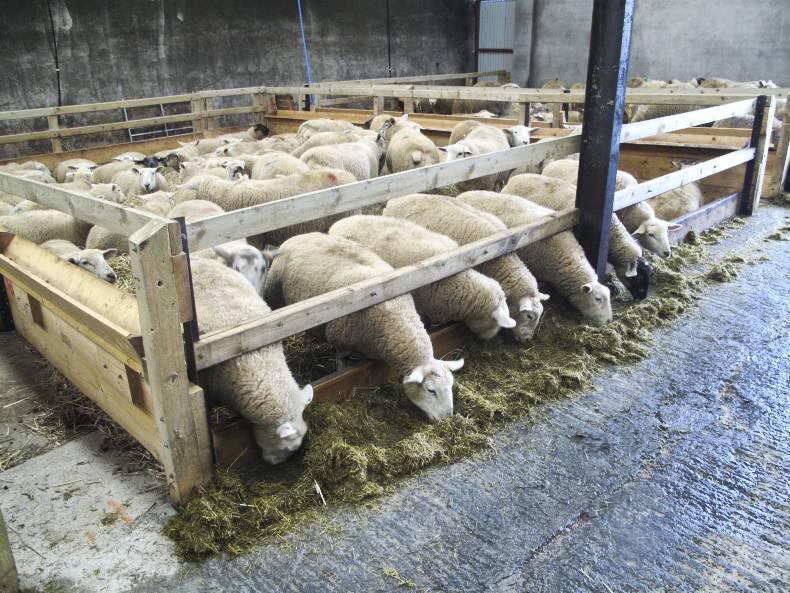
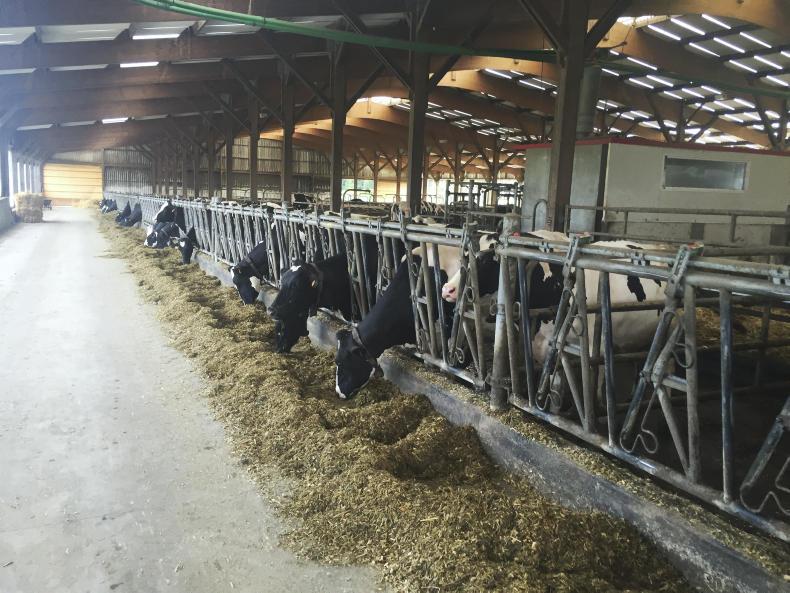
SHARING OPTIONS